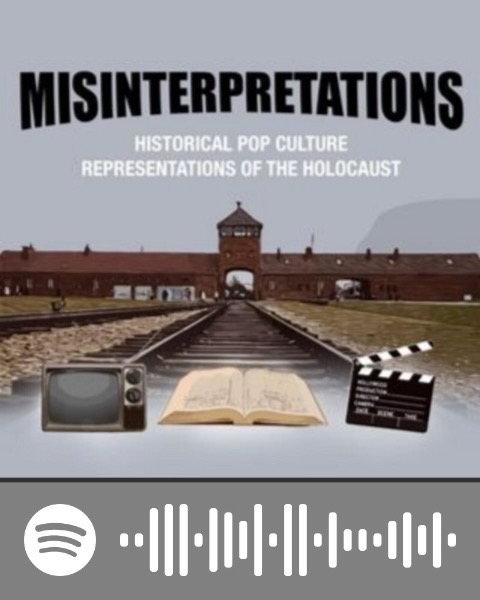In this series, Dr Jessica Moody, unit co-ordinator of the third year Practice-Based Dissertation option, interviews students about their projects and experiences of this unit. The Practice-Based Dissertation was first introduced at Bristol in 2020-21 and enables students to produce a practical, public-facing ‘public history’ output as well as a 5000 word Critical Reflective Report.
In this interview, Jessica talks to Isabel King about her project.
JM: Let’s start from the beginning, what made you choose the Practice-Based Dissertation over the standard Dissertation?
IK: After completing the compulsory unit ‘History in Public’ and enjoying it, I realised that I want to work in public history once I leave university. So, when the opportunity to actually create my own piece of public-facing work came up, I was keen to take it, as it will (hopefully!) help me in my future career.
JM: Could you tell us about your public history project?
IK: I created a podcast mini-series discussing the representation of the Holocaust in popular culture. I did this through interviewing three historians about their thoughts on using historical fiction as education more generally, and then critically analysed three interpretations – The Boy in the Striped Pyjamas, The Book Thief, and Holocaust – to show what was ‘right’ and ‘wrong’ about each.
JM: Why did you want to undertake this project?
IK: I think historical fiction is a major part of any historical study, as well as being a popular form of entertainment. Often, such fiction gets taken at face value, and I wanted to highlight that this assumption is dangerous due to the misconceptions that fiction can generate about real historical events. However, I also wanted to show that this doesn’t mean that historical fiction isn’t helpful, it just needs to be critically analysed by the consumer! I made the podcast to engage the public in these discussions so they can continue to consumer historical fiction, but with more understanding and a critical eye.
JM: What did you enjoy most about the Practice-Based Dissertation?
IK: Having the final product. It felt like such an achievement when I released my podcast series, because an idea that I had simply voiced in a meeting back in September was fully realised by April and could be listened to by anybody!
JM: What did you find challenging?
IK: I honestly found the whole process challenging, because it involved so much independent work, but the most challenging thing was recording and editing the podcast, because I had no prior experience with this. However, it got easier as time went on, and I now have some new skills because of it!
JM: Did you come across any problems that you needed to address or solve?
IK: My main two problems were finding time to interview the historians, due to availability clashes, and generating enough interest in the podcast when I released it to gain substantial feedback for my critical reflective report.
JM: What do you feel you’ve learnt from this process?
IK: I’ve learnt that if you put your mind to it, something to take pride in can be created. I learnt so many new skills and overcame challenges to create a practice-based dissertation that I am happy to share.
JM: What do you think public history needs more of? Do you have any reflections or advice from your project for public historians?
IK: Promotion! Though it is getting more popular, I think public history still needs more people to engage with it – to do this, I believe public historians need to collaborate with both academic historians and the wider public more to promote their work.
JM: What advice do you have for students just starting the Practice-Based Dissertation?
IK: Plan ahead as much as you can. The dissertation is a big commitment and it can sometimes feel like you’re not achieving enough in the time you have, but if you keep on top of things and plan for all eventualities, it means you can deal with any issues as they arise, and progress gradually, rather than having a panicked rush just before the deadline.
JM: How can people find out more about your project?
IK: The (Mis)Interpretations podcast can be found here.


